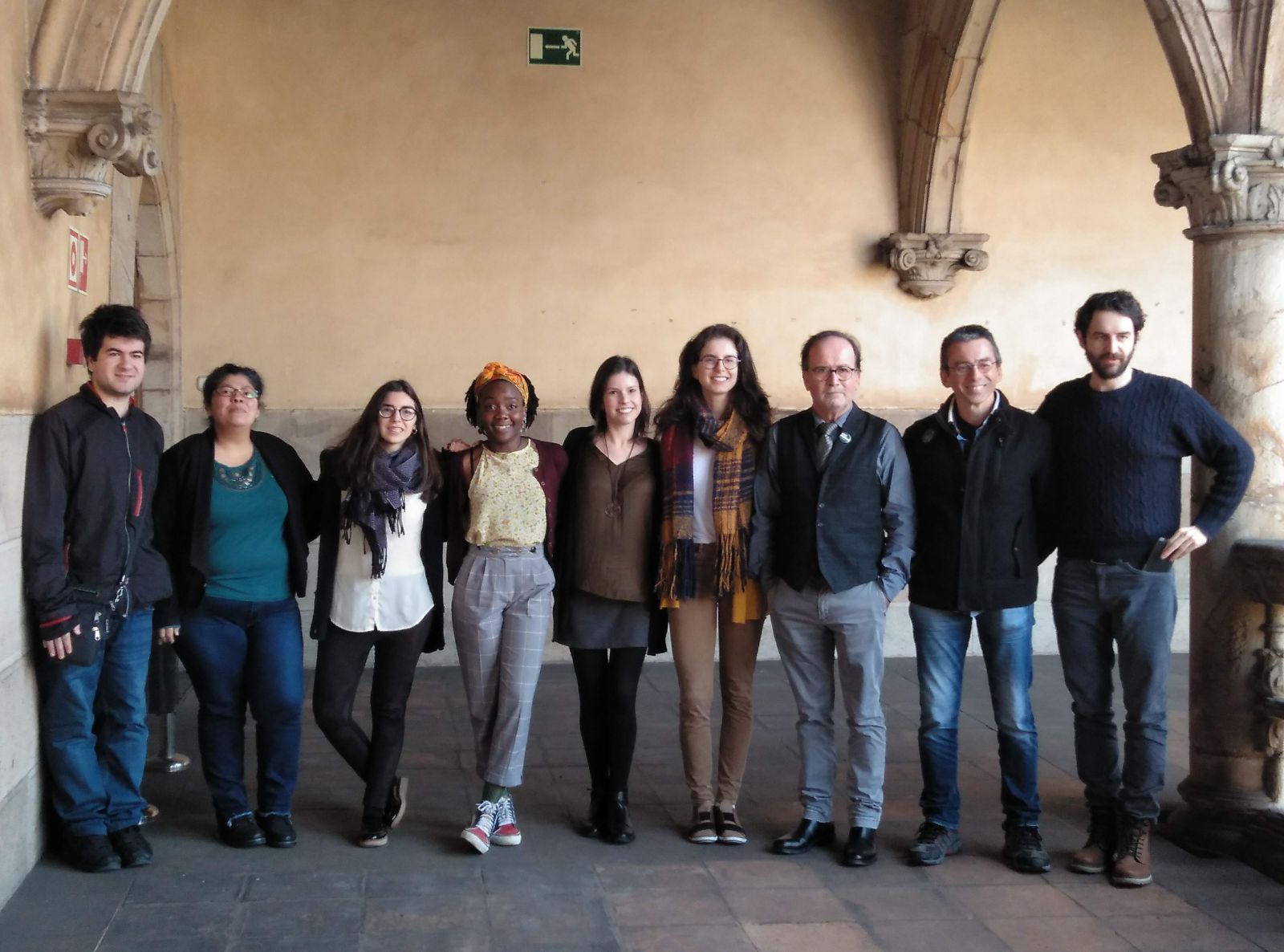New Issues in Socio-Legal Studies. Law in a Digital Society
 The starting point for this course is to look at the relationship between law and accessing Internet communication in an age where intellectual property rights are challenged. The theory underpinning the course is that strong social bonds regarding information access and media facilitation have repositioned the collective conscience regarding property in knowledge, data and communication. In such a revolutionary age questions are being asked about law’s regulatory relevance, particularly in its role protecting exclusionist property arrangements. In detail, the course will examine topics like 1) law and the collective conscience, 2) access to information as a human right, 3) media integrity, 4) mass/mobile communication – ensuring responsible message protection and privacy, 5) social networking and new politics: regulating freedom of communication, 6) social media and communication communities, 7) communication and culture – art and violence, 8) communication and security – programing minds. All this will question whether in an era of globalisation defined by communication and social media in a context where time and space no longer determine messaging and data, law can be a change agent. Communication has become the new pathway to knowledge and legal impediments to knowledge access entrenches the North/South world divide, so how can law transform into a communal resource rather than a commercial commodity.
The starting point for this course is to look at the relationship between law and accessing Internet communication in an age where intellectual property rights are challenged. The theory underpinning the course is that strong social bonds regarding information access and media facilitation have repositioned the collective conscience regarding property in knowledge, data and communication. In such a revolutionary age questions are being asked about law’s regulatory relevance, particularly in its role protecting exclusionist property arrangements. In detail, the course will examine topics like 1) law and the collective conscience, 2) access to information as a human right, 3) media integrity, 4) mass/mobile communication – ensuring responsible message protection and privacy, 5) social networking and new politics: regulating freedom of communication, 6) social media and communication communities, 7) communication and culture – art and violence, 8) communication and security – programing minds. All this will question whether in an era of globalisation defined by communication and social media in a context where time and space no longer determine messaging and data, law can be a change agent. Communication has become the new pathway to knowledge and legal impediments to knowledge access entrenches the North/South world divide, so how can law transform into a communal resource rather than a commercial commodity.



